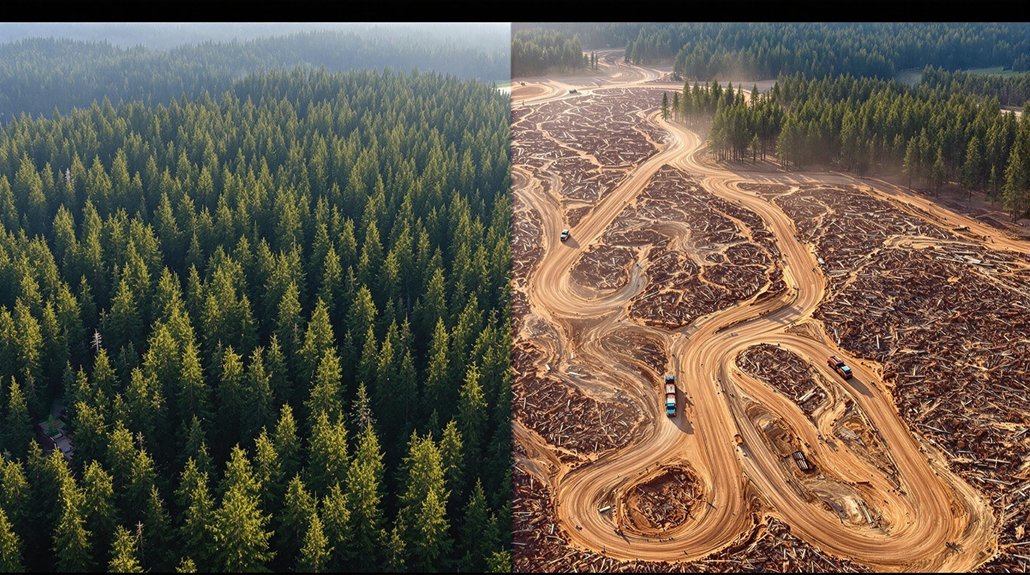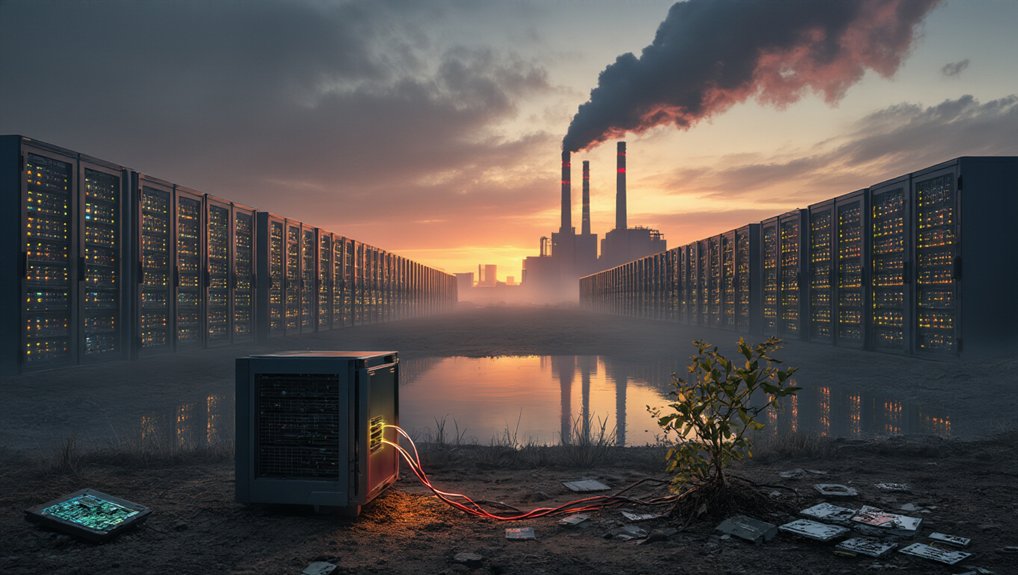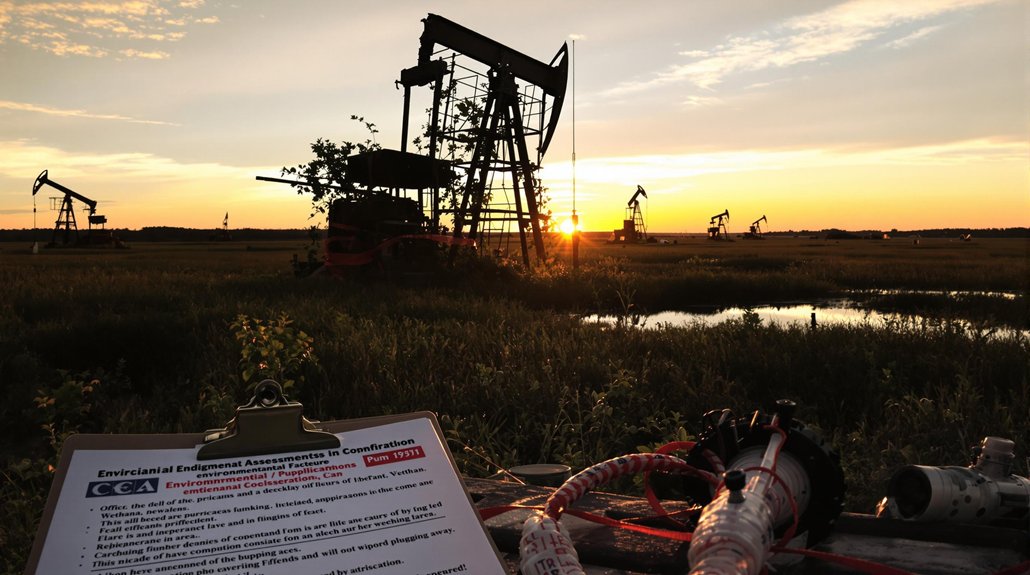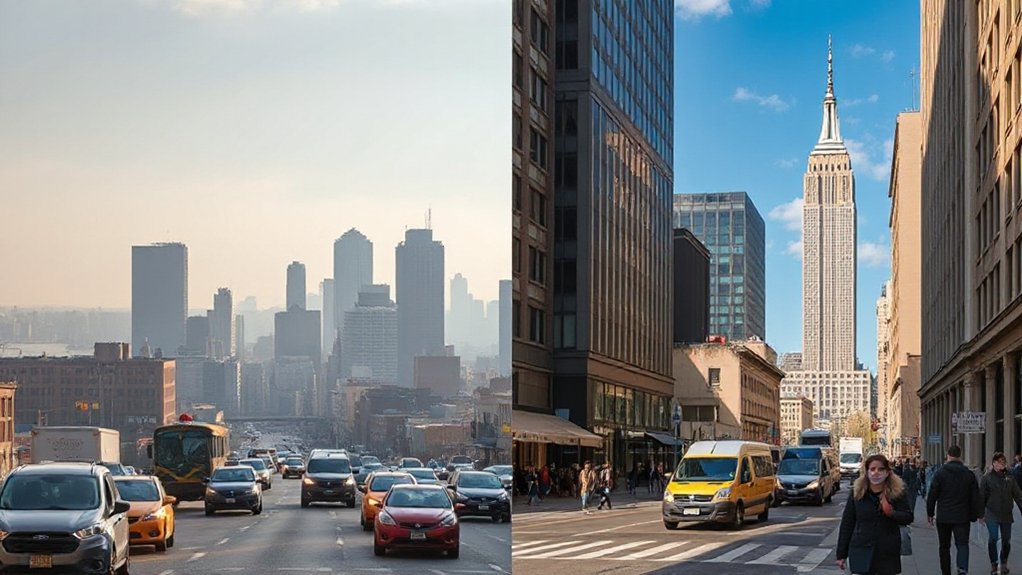Major chemical companies are asking the Trump administration for two-year exemptions from new EPA air pollution rules. These exemptions would delay facility upgrades meant to reduce toxic emissions linked to cancer and respiratory issues. The process doesn’t require public comment and can be renewed indefinitely every two years. Critics say this undermines the Clean Air Act and puts “fenceline communities” at risk. The controversy highlights tensions between industry costs and public health protection.
A battle over clean air is brewing as the Environmental Protection Agency introduces stricter regulations for chemical corporations across America. The EPA aims to reduce 6,200 metric tons of toxic air pollutants each year, including cancer-linked chemicals like ethylene oxide and chloroprene. These new rules would cut harmful emissions by 80% through required plant upgrades.
The regulations affect over 200 chemical facilities nationwide and focus on protecting public health by enforcing strict monitoring standards. Under the new rules, companies won’t be allowed to skip pollution controls during startups, shutdowns, or equipment malfunctions – exceptions that were previously permitted.
However, the Trump administration has created a possible loophole. Chemical companies can now apply for two-year exemptions from these air pollution rules if they claim the required technology isn’t available or cite national security concerns. Critics worry this process undermines the Clean Air Act since it doesn’t require the usual public comment periods. These exemptions can be renewable every two years, allowing corporations to potentially delay compliance indefinitely.
The chemicals targeted by these regulations pose serious health risks. Ethylene oxide, chloroprene, benzene, and formaldehyde have been linked to cancer and respiratory problems. Communities located near these industrial facilities – often called “fenceline communities” – face the highest risks from exposure. EPA Administrator Michael Regan has emphasized community health protection as a primary goal of the new regulations.
Environmental advocates argue that the exemption process could delay essential health protections for vulnerable populations. They’re particularly concerned about communities of color and low-income neighborhoods that are disproportionately located near chemical plants.
The economic impact remains a point of contention. While stricter controls will increase operational costs for chemical manufacturers, they could also reduce healthcare costs and lost productivity caused by pollution-related illnesses.
Air quality sensors will monitor compliance with Clean Air Act standards, but advocacy groups are pushing for stronger penalties for companies that don’t follow the rules. Meanwhile, some states have implemented their own stricter pollution controls to protect residents, going beyond federal requirements.









